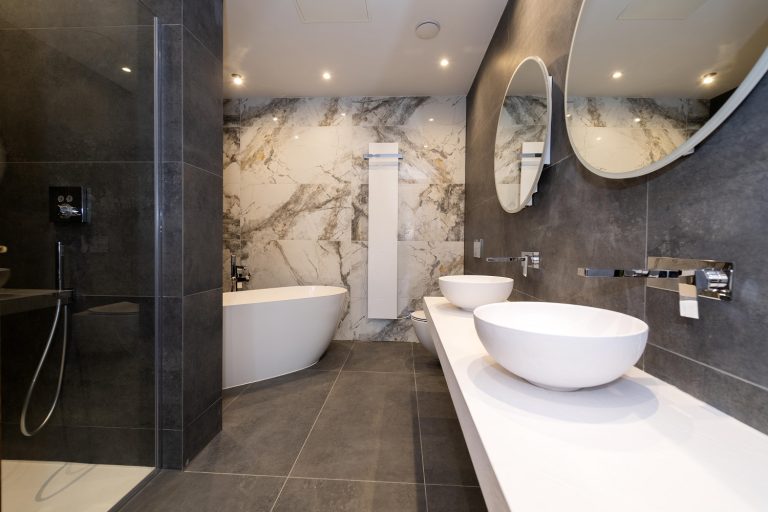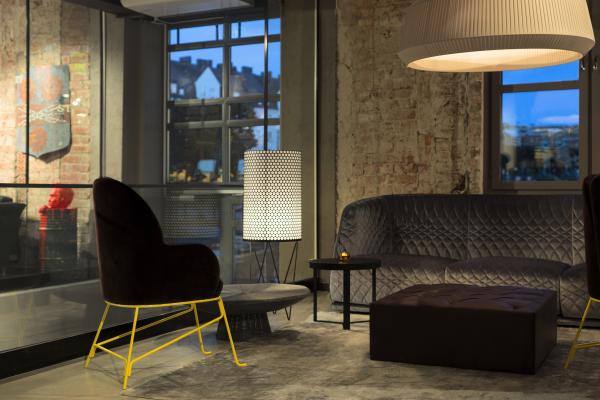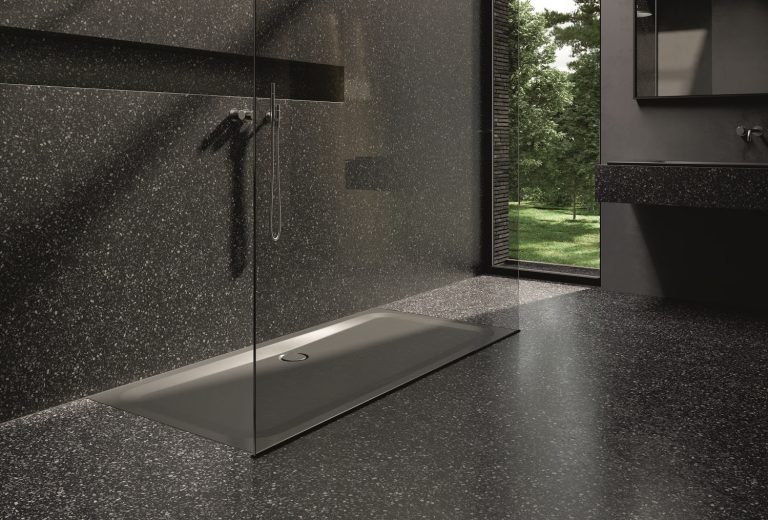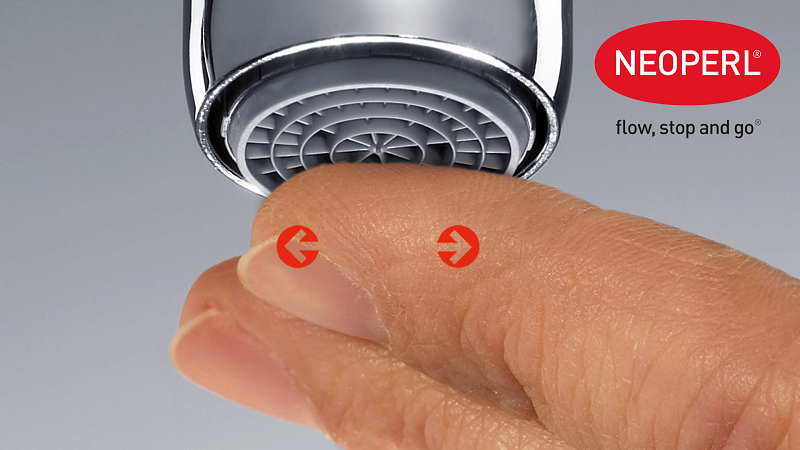Hyatt Hotels Corporation (NYSE:H) has announced the opening of three boutique hotels in Sweden under the JdV by Hyatt brand. Story Hotel Riddargatan and Story Hotel Signalfabriken in Stockholm, and Story Hotel Studio Malmö in Malmö, Sweden– all join Hyatt’s independent collection portfolio, significantly increasing Hyatt’s brand presence in Sweden. The three hotels join Hotell Reisen bringing the total number of Hyatt properties in the country to four.
Deeply rooted in the culture of its local neighbourhood, each hotel is as unique as the individuals who enter through its doors, providing guests with a range of locally inspired programming that allows them to connect authentically with the surrounding community during their stay. With modern, Scandinavian design that reflects the edgy nature of both Swedish cities, the hotels offer amenities for business and leisure travelers alike.
“We are truly passionate about the neighbourhoods in which our hotels are located – so much so that we ensured the design of each hotel was a true extension of its surroundings and authentically reflected the local culture”, said Alexander Hederstrom, general manager of Story Hotel Riddargatan and Story Hotel Signalfabriken. “This is why we are so proud and excited to be joining JdV by Hyatt – a brand that truly recognizes and celebrates the importance of local community.”
“We are excited to welcome guests through our doors and share with them the spectacular views of the ocean and the beautiful city of Malmö from our rooftop. Story Hotel Studio Malmö is at the heart of the city, only a five minute walk from the Malmö Central Station,” said Sebastian Kamieniarczyk, general manager of Story Hotel Studio Malmö. “With each hotel’s unique location, there really is no better place for guests to stay when coming to explore the city and immerse themselves in the local culture”.
Story Hotel Riddargatan, Story Hotel Signalfabriken and Story Hotel Studio Malmö all feature individually designed boutique guestrooms, vibrant public spaces and food and beverage offerings for both visitors and residents.
Story Hotel Riddargatan, Stockholm
Rooms
The 83-room hotel is designed with an industrial theme to reflect the building’s former life as an apartment complex, a famous hair saloon and garage. The rooms are perfect for urbanites looking for a stylish place to stay, featuring distressed walls, sleek furniture, and rustic exposed pipework.
Food and drink
The Bar & Lounge is a distinct space, popular with local residents as well as hotel guests, serving a wide menu of cocktails, and offering DJ sets several evenings a week. The hotel also has a fantastic restaurant, Ling Long, specializing in Southeast Asian cuisine.
Location
Located in the trendy area of downtown Stockholm, Story Hotel Riddargatan is just around the corner from the business and shopping district of Stureplan – appealing to both business and leisure travelers. For those interested in immersing themselves in the vibrant city center, the hotel is close to most key tourist attractions, ferry boats to the archipelago and designer shops and boutiques.
Story Hotel Signalfabriken, Stockholm
Rooms
Story Hotel Signalfabriken features 83 individual guestrooms, all chic and contemporary in their design. With copper plating, brick walls and rainfall showers, the hotel is perfect for those who prefer a modern industrial vibe.
Food and drink
Guests can grab a delicious burger at the in-house restaurant, Phil’s Burger, or enjoy a drink as the bustling bar which hosts DJ sets throughout the week.
Location
Located inside the listed Signalfabriken building, formerly a fire station and town hall, the industrial-chic hotel serves as the perfect home base for both business guests attending meetings in the surrounding areas of Solna Business Park, and leisure guests who want quick access to Stockholm’s city center. The hotel is ideal for those interested in exploring the Friends Arena and Mall, Scandinavia’s biggest shopping center, which also has an IMAX theatre, and can be reached by car in about 10 minutes.
Story Hotel Studio Malmö
Rooms
Story Hotel Studio Malmö features 95 unique guestrooms, all designed to reflect the distinct look and feel, and vibrant nature of the local neighbourhoods. With an airy and modern finish, each bedroom offers guests a beautiful view overlooking the city center and/or ocean glass windows.
Food and drink
The hotel features a restaurant on the 14th floor, Kasai in the Sky, with views overlooking Malmö and the Oresund – showcasing both the ocean and city skyline. The restaurant serves delicious modern Japanese cuisine, paired perfectly with one of the many cocktails available at the bar. The rooftop comes alive during the evening, with great music and a lively atmosphere.
Location
Story Hotel Studio Malmö is located by the water at Universitetsholmen, a few minutes walking distance from the Malmö Central Station and city center, making it the perfect springboard for guests to explore the city. The hotel is located within the STUDIO building, which also features conference and meeting facilities, corporate offices, retail outlets, several restaurants, and a café. The best way to explore the city is by bike, which is perfect as Story Hotel Studio Malmö offers free cycle hires for all guests.
The JdV by Hyatt brand is known for its collection of vibrant, independent hotels that welcome all vibes, tribes and unique souls. Each property looks to embrace the local culture of the neighbourhood in which it is situated and welcomes guests to explore, celebrate and live in the moment. Already present in 15 locations in the U.S., and with a property recently opened in China, the brand is expanding its presence in Europe with these openings, as Hyatt looks to build its lifestyle portfolio in the region.
For more information about the hotels, please visit: Story Hotel Riddargatan http://storyhotelriddargatan.com, Story Hotel Signalfabriken http://storyhotelsignalfabriken.com, and Story Hotel Studio Malmö
http://storyhotel-studiomalmo.com.














